When you think of a uni lecturer, what image springs to mind? Dusty tweed suits and Einstein hair, someone with a squeaky chalkboard and a closed office door?
Not our lecturers! We spoke to one right here at Charles Sturt – Matthew Hunt. On our Uni Days podcast, Matt chats about what it’s like being a lecturer, what motivates him, and what he thinks makes a good uni lecturer. If you’re thinking of heading to uni, this is essential listening to get prepped for what your lecturer might be like!
You can listen to our full chat with Matt or read the highlights below.
Matt has been working in student and academic services within the Australian university sector for more than 20 years. He currently works as Course Director for the School of Agricultural, Environmental and Veterinary Sciences at Charles Sturt.

The Charles Sturt difference
“When you’re in the city, and you’re in all the crowds and the congestion… Look, they’re wonderful places, but you know, you just cannot beat it. I just love the regional campuses. They’re beautiful campuses and they’ve got world-class infrastructure. The labs have everything that the city universities have. They might be on a slightly smaller scale, but students do not miss out at Charles Sturt University.
It’s certainly a more relaxing place to work. There’s something about it, it’s a community, it’s a bit like a large family too, and we’re here to help students reach their potential. There’s so much choice for students, and we can customise things because we’ve got that scale. We’ve got lots of regional campuses, we can really get to know our students, to really pretty precisely get them that skillset for when they want to graduate.”
Hands-on studies in our living labs
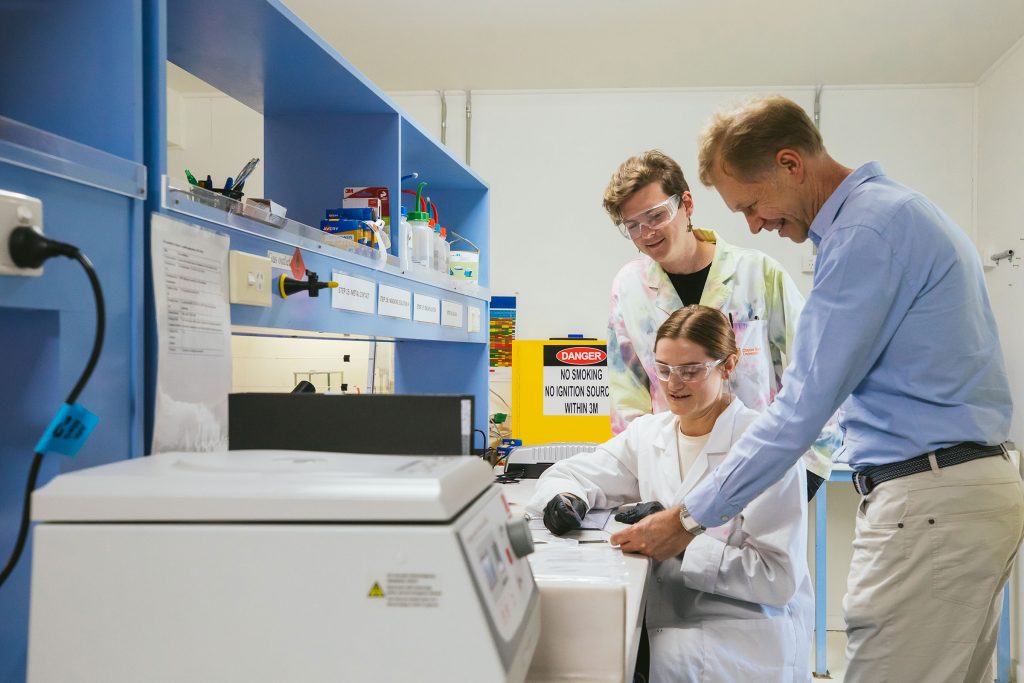
“We take students out there and they’ll be doing water samples, they’ll be doing bird surveys, they’ll be looking for all kinds of reptiles and small mammals and everything else, and we’ve got it right here! We’ve got this field ecology centre built on campus, which is wonderful.
And it’s the same at each of the campuses, each have their keystone species and their focus as well. At Port Macquarie we’ve got environmental science up there as well, we’re in there with the Koala Hospital and we’re doing research there on critically-endangered parrots as well. We’re in the perfect locations, really, and that’s something unique about Charles Sturt.”
A day in the life of a uni lecturer
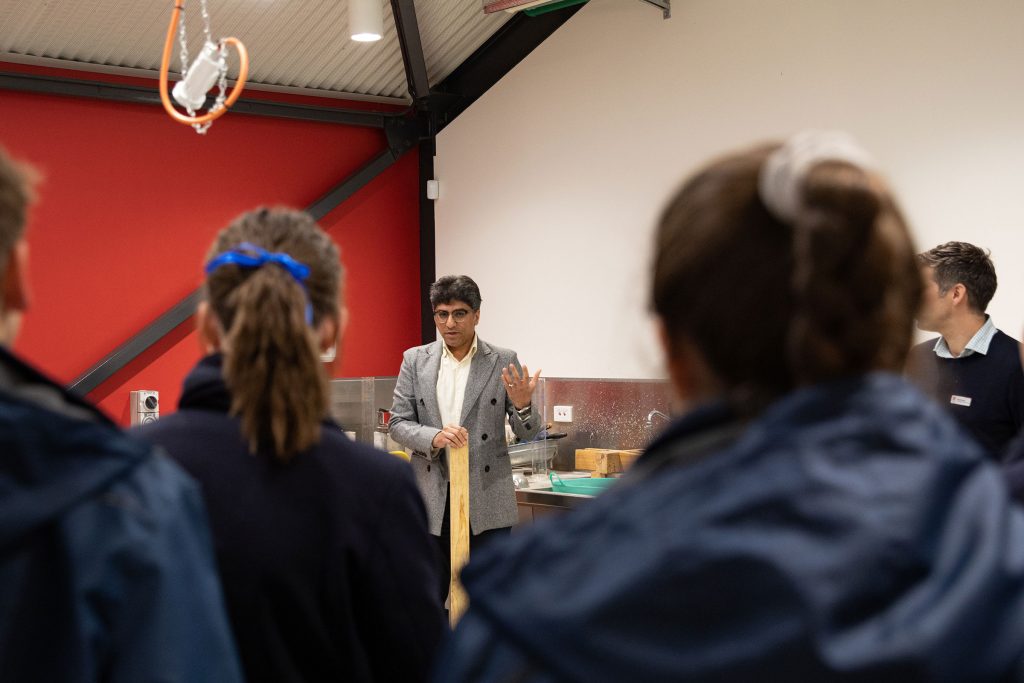
“Every day is different, which makes it really fun too. You’re not doing the same thing every day, that’s for sure. It is busy, it is hectic, like any big bustling uni with tens of thousands of staff and students.
A typical day for a uni lecturer, well, you do your core business first. And my core business, as far as I’m concerned, is looking after students. So if I’ve got students who are concerned about their enrolment or about what might be happening, even what’s happening in life, I like to look after my students. It can be very scary, daunting. But I get to know hundreds and thousands of students over my time, and I treat them all uniquely as individuals.
So I guess a day in my life, I’m doing all the university things: I’m looking at transcripts and admissions, I’m doing credit applications, I’m looking after international students, I’m talking to a lot of industry partners. It’s extremely varied, but that’s what keeps it interesting and that’s what keeps it fun as well.
But the core business for me is looking after my students within the courses I look after, and of course looking after my staff, working very closely with the academics. Just to make sure we’ve got the best courses. Because we know we have the best courses! But just to keep them current, working with industry to make sure we are getting exactly what the professions need for our graduates.”
What makes a good uni lecturer?
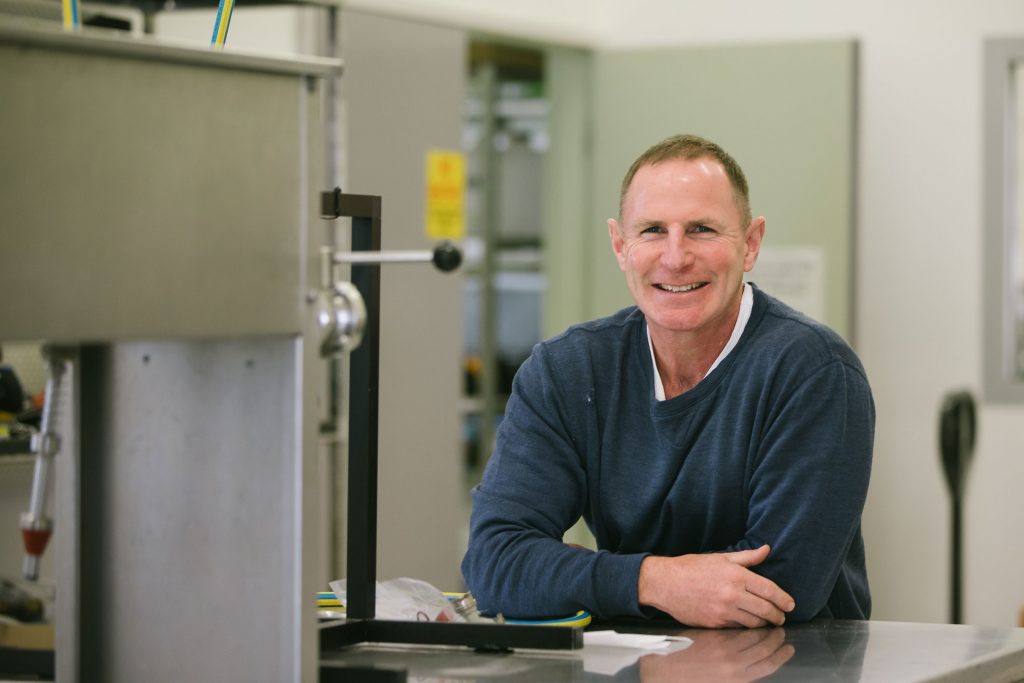
“A good lecturer or a good teacher in the classroom at the university level… It’s an interesting one. I’ve known so many academics across so many years, and I’ve been in the classroom as well; you want to obviously relay the knowledge and the topic that you’re looking at. I taught a lot of first-year biology and genetics, some fairly complex topics, and what I see as the most important thing for a lecturer is to keep it engaging. Don’t be dry, keep it fun, throw in a bit of humour there as well.
But the best lecturers are experts in their field. They know it frontwards, backwards, upside-down. But they can get the information across and they keep it interesting, they hook students in. It’s almost like a David Attenborough documentary; they have a narrative, they have a story, they get you from a starting point where you might have no base knowledge of a topic and they get you to a point where you have an understanding. Not just understanding, but you’re fascinated by it! You’re passionate about it! You make it exciting. And your passion has to come across. The best lecturers are like that.”
World-class lecturers lead the way
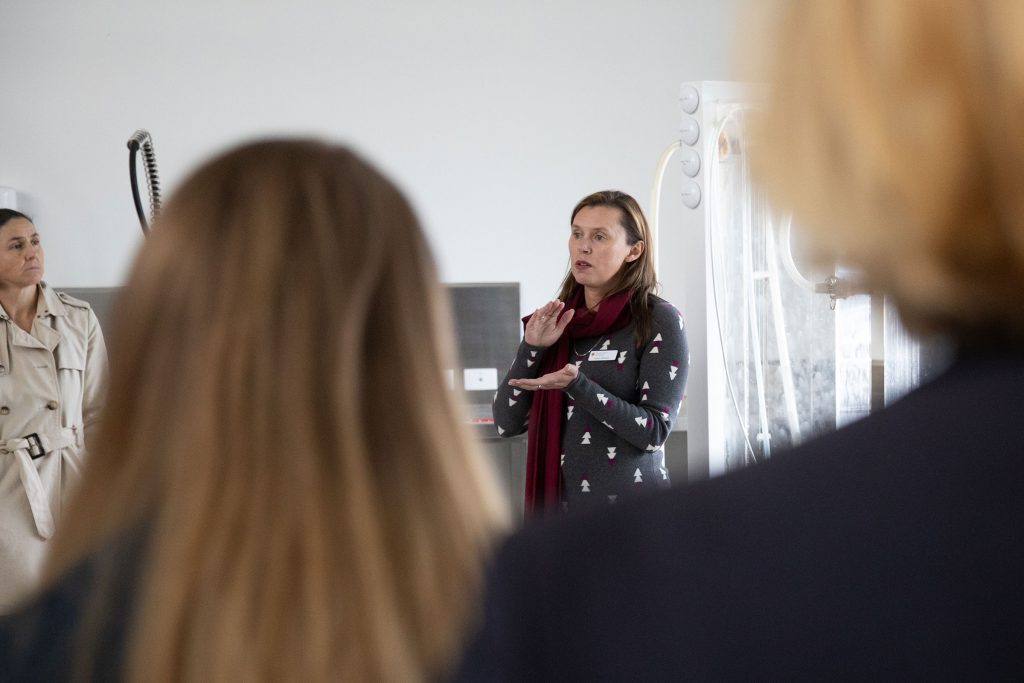
“The academics I work with, they love their field, that’s why they’re doing it! They’re world-class researchers, they bring that research to the classroom so people can see, ‘Look, it’s not just reading a textbook, these people do it for a living and they are the best in the world at it and they’re writing scientific papers on it.’
Charles Sturt students, when they come here they’re very fortunate. Some other universities, they might have to get some tutors in or hire out the teaching. Here, you’ll get your teachers in the classroom, these are world experts. A good lecturer is really that, someone who can get that passion and excitement across.
Also, it’s someone who’s available. I try to be very available: if students need me, I’m here. Obviously not 24/7, but pretty close! If a student emails me on the weekend I’ll try to get back to them as soon as possible, touch base, reassure them that things are okay.”
A balance of knowledge and compassion
“A good uni lecturer is passionate, an expert – but also has the welfare of their students at heart. We know life’s tough. We know life has ups and downs. So a good lecturer has that empathy as well as being an expert in their discipline, whatever that may be.”
Want to know more? Read about the difference between a lecture and a tutorial, learn the ins and outs of university sessions, or reach out to our friendly team.
Interested in podcasting? Check out our Podcast Fundamentals short course! It’s free if you’re an Aussie resident and completely online. And our brand new comms precinct has cutting-edge podcast studios you can use while studying one of our arts or communication courses.

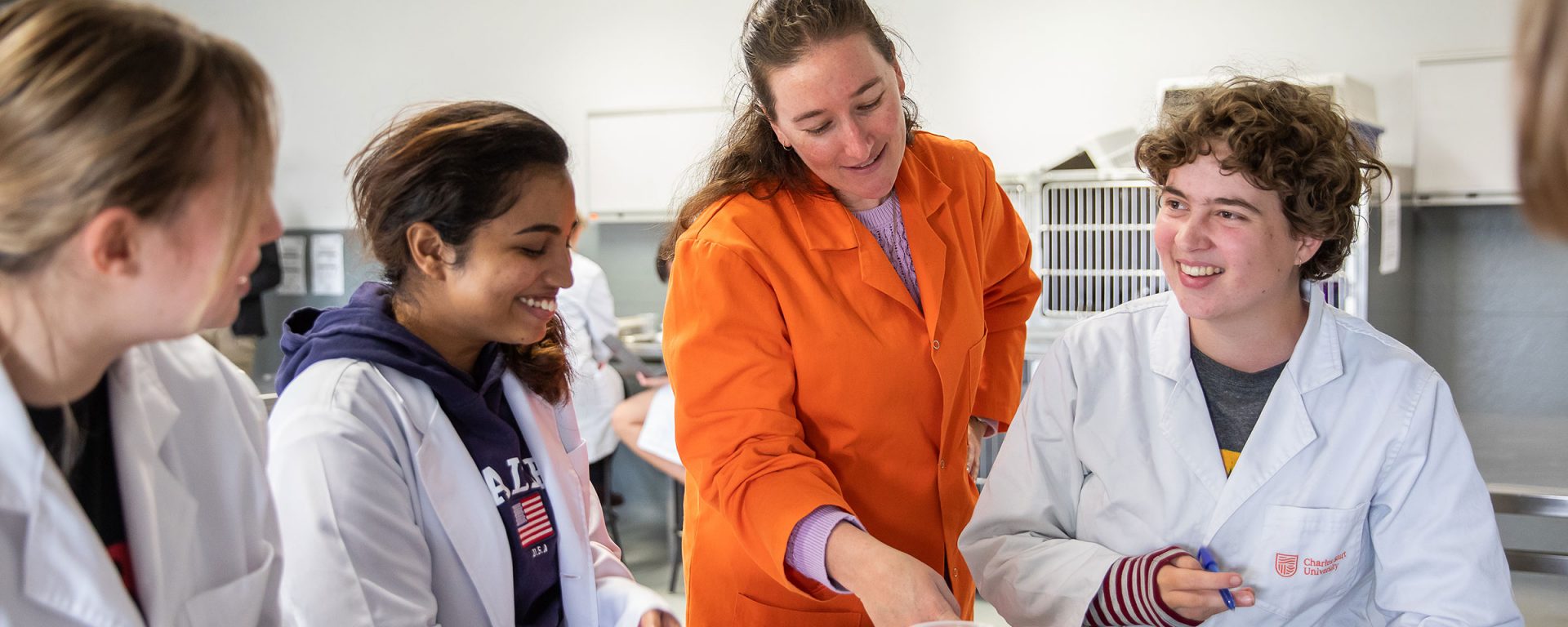
You must be logged in to post a comment.